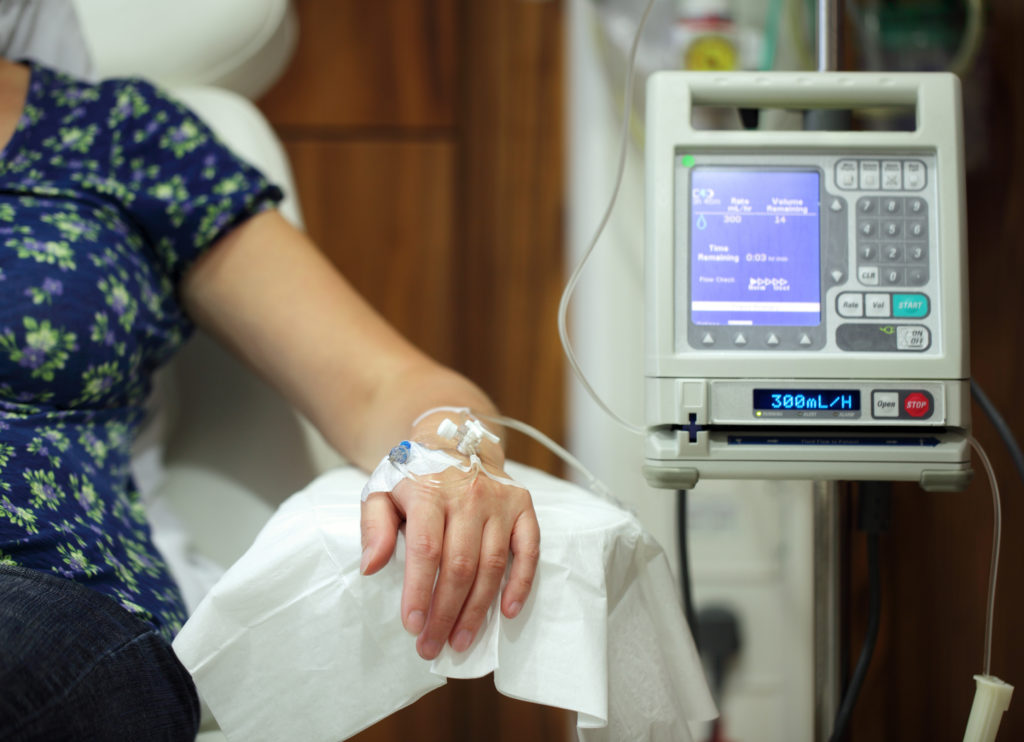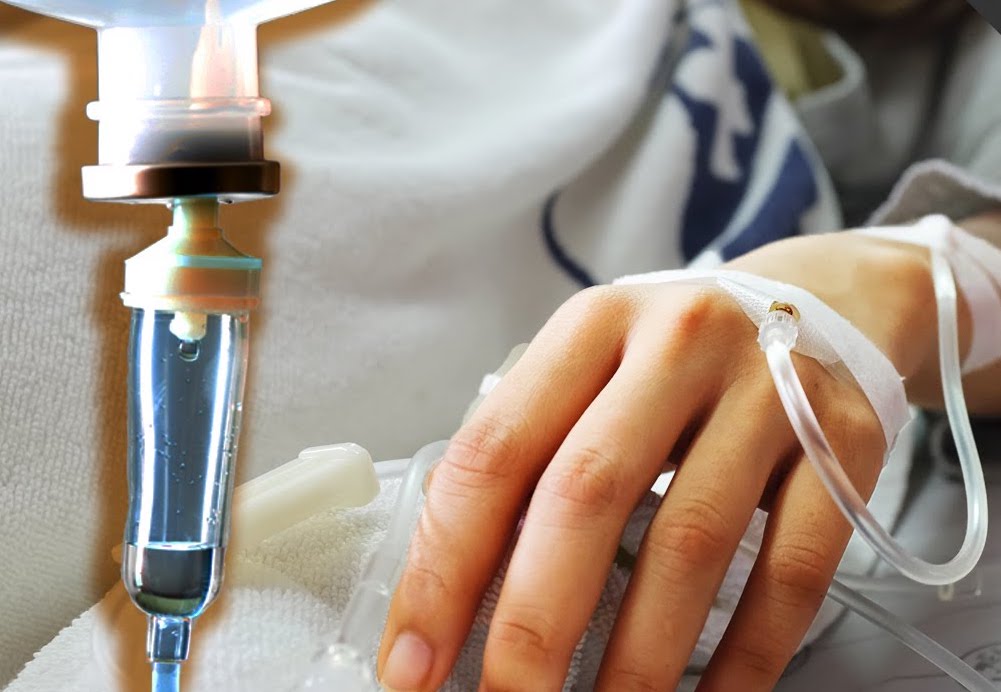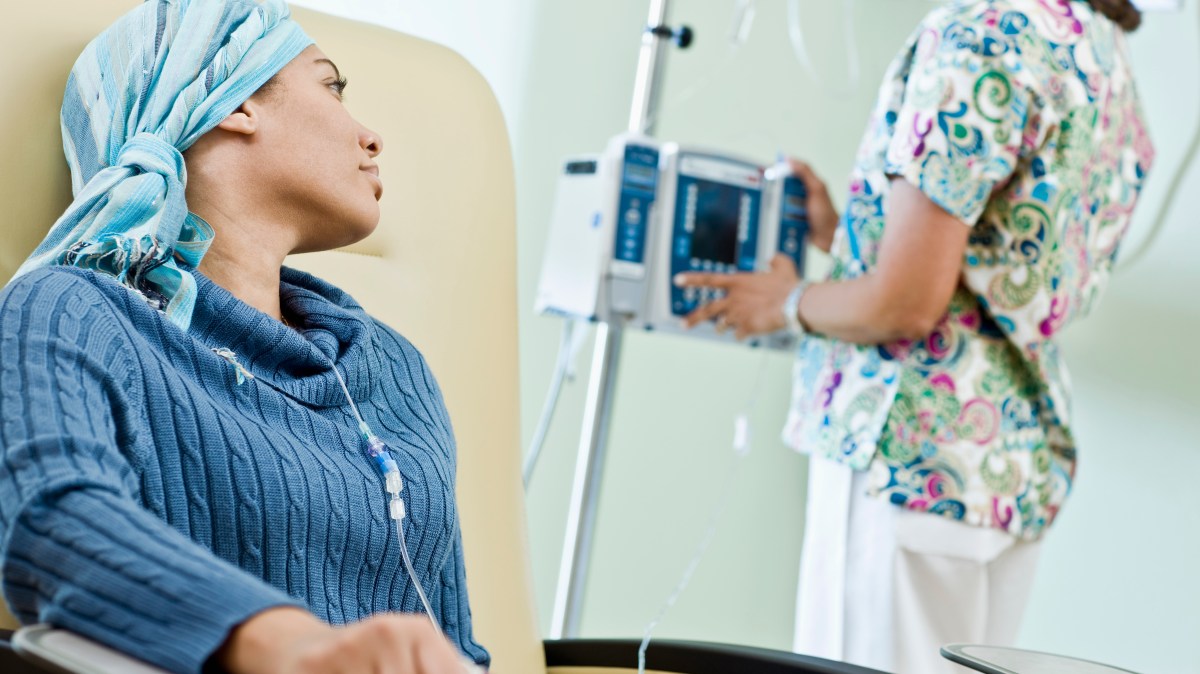- Home
- Our Services
CANCERS WE TREAT
TREATMENT OPTIONS
- About Us
About North Houston
Cancer ClinicsNorth Houston Cancer Clinics is a leading cancer center specializing in treating various types of cancers and blood disorders.Meet our specialized cancer care team
Choosing excellence, transforming cancer care together
Quality Oncology Practice Initiative (QOPI) Certification Program
Discover Our Healing Spaces: Virtual Office TourFirst day visit at North Houston Cancer Clinics
Real Stories, Inspiring Journeys, Patient Testimonies
- New patient
Becoming a patient at North Houston Clinics
Embark on your journey to health with us. Seamless, compassionate care awaits as you become a patient at North Houston Clinics.
Effortless Registration, Portal to Wellness JourneyYour Health, Your Time, Your AppointmentFrequently Asked Questions For New Patients - Blogs
- Contact Us
- Home
- Our Services
CANCERS WE TREAT
TREATMENT OPTIONS
- About Us
About North Houston
Cancer ClinicsNorth Houston Cancer Clinics is a leading cancer center specializing in treating various types of cancers and blood disorders.Meet our specialized cancer care team
Choosing excellence, transforming cancer care together
Quality Oncology Practice Initiative (QOPI) Certification Program
Discover Our Healing Spaces: Virtual Office TourFirst day visit at North Houston Cancer Clinics
Real Stories, Inspiring Journeys, Patient Testimonies
- New patient
Becoming a patient at North Houston Clinics
Embark on your journey to health with us. Seamless, compassionate care awaits as you become a patient at North Houston Clinics.
Effortless Registration, Portal to Wellness JourneyYour Health, Your Time, Your AppointmentFrequently Asked Questions For New Patients - Blogs
- Contact Us
Cancer Clinical Trials
Clinical trials are research studies in which patients may voluntarily participate. Clinical trials are used to find better ways to prevent, diagnose and treat cancer. Doctors use treatment trials to learn more about how to fight cancer. The most advanced level of researching cancer is through clinical trials which facilitate access to pioneering treatments and help in progressions of cancer care.
Cancer Clinical Trials in North Houston Cancer Clinics
Chemotherapy Clinical Trials
Clinical trials refer to well-designed investigations aimed at evaluating new interventions, treatments, or procedures’ safety and their effects. These experiments follow stringent scientific standards and regulations for patient protection and dependable results. Our institution has different types of these studies as described below:
– Treatment Trials: This kind of experiment tries out new anti-cancer therapies such as chemotherapy drugs, targeted therapy agents, immunotherapy medications or combined therapies.
– Prevention Trials: Such kinds of tests attempt to establish methods that can prevent cancers from developing again or even new lifestyle practices, possible medication, or vaccines.
– Screening Trials: They are done with the intent of determining the usefulness of novel ways employed during screening e.g. clinical laboratory tests that help confirm diseases before symptoms come up thus improving chances of successful treatment.


Significance of Clinical Trials in the Fight Against Cancer
Exploring Clinical Research Trials Types and Methods in Cancer
– Treatment Trials: Examples include targeted chemotherapy agents; testing of immunotherapies, as well as new anti-cancer medicines. Their effectiveness or safety needs to be assessed when it comes to managing various sorts and stages of human cancers.
– Prevention Trials: These are looking for means to decrease the risk of acquiring cancer or prevent its recurrence. Such interventions may be lifestyle changes like dieting and exercises, medications like anthelmintic,s and vaccines for a particular type of neoplasm.
– Screening Trials: This involves finding new ways to test for cancer early when treatment would be most effective e.g. development of more sensitive laboratory tests that help identify diseases even before symptoms manifest, thus raising possibilities of successful therapy outcomes.
Methods Of Clinical Trials
– Randomized Controlled Trials (RCTs): This is the highest level of clinical research. The key issue is that people can be randomly divided into two groups: one group receives experimental treatment and the other one receives standard treatments or placebos allowing researchers to determine any variations in outcome results between experimental and control populations.
– Single-Blind And Double-blind Trials: Single-blind trials are when either the participant or researcher knows about the kind of treatment being given but in double-blind trials, no one including the patient and investigator gets to know what occurs thus reducing any form of prejudice towards final findings.
– Phase Trials: Clinical trials are typically split up into different phases with each phase having a specific aim that revolves around the safety and effectiveness of new therapies. For instance, Phase I studies establish the safety and dosage of a new therapy while Phase II tests focus on its effectiveness as well as side effects in larger numbers of patients. Lastly, phase III studies compare the new treatment to standard therapy to find out if it’s useful.

Understanding Clinical Trials Purpose in Cancer Research
Clinical Trials Safety and Prevention
– Participant Safety: In clinical trial settings participant’s welfare should always come first; thus clinical trials are governed by strict ethical guidelines as well as regulatory requirements to prevent them from any harm.
– Monitoring and Oversight: All clinical trials undergo rigorous monitoring by independent review boards and regulatory agencies to ensure that they do not pose any harm to the participants.
– Prevention of Bias: Researchers use different methods like randomization and blinding techniques to minimize bias in trial results. Randomization ensures that patients are assigned to treatment groups without personal choice while blinding prevents assessment bias since neither patients nor researchers know whether they received a placebo or intervention.
At North Houston Cancer Clinics, we conduct our clinical trials with utmost care for patient safety. We strive towards enhancing cancer care through dedication, innovation plus providing hope for individuals.

